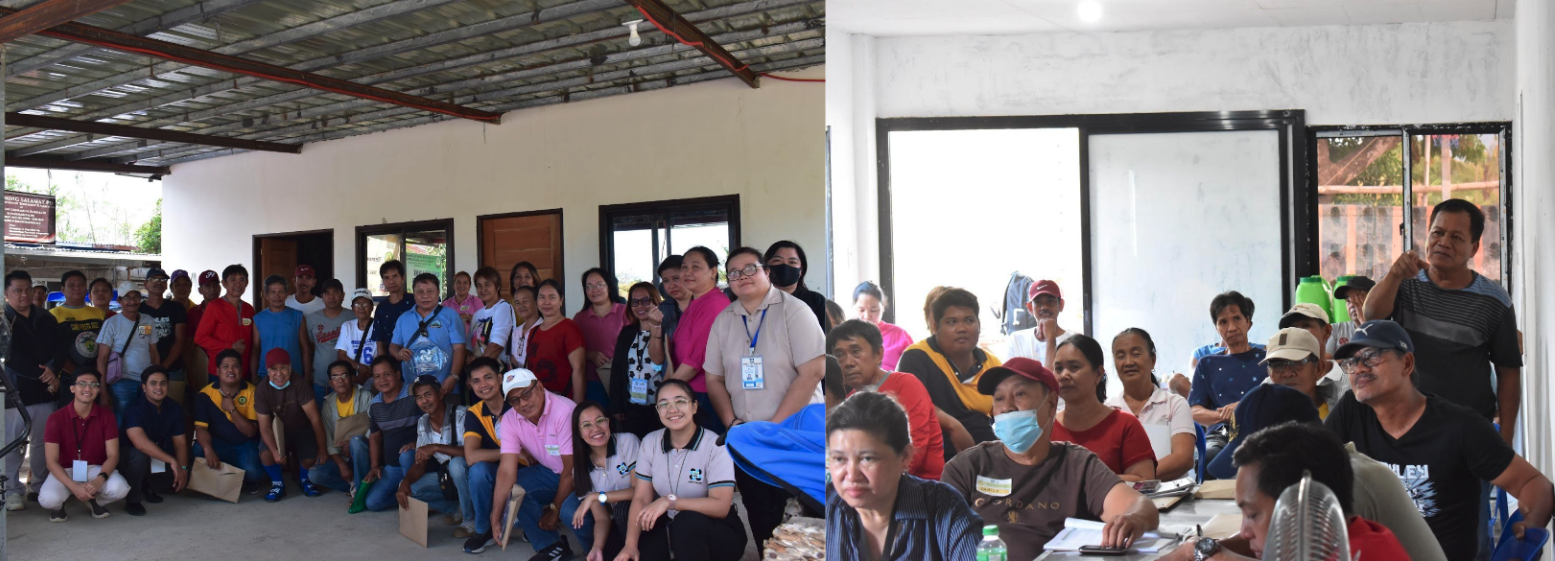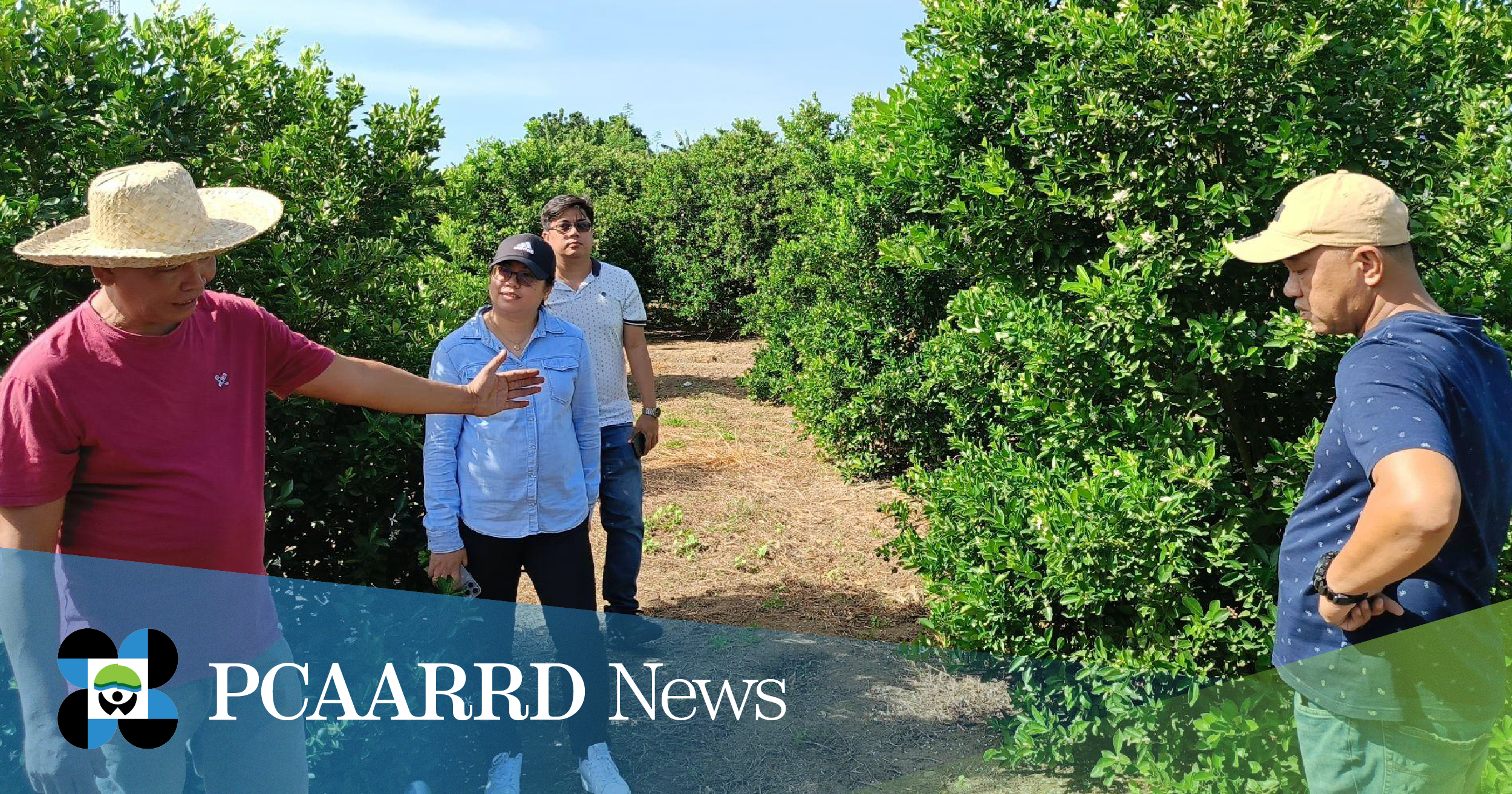In a joint effort to enhance the capacity and sustainable production of calamansi farmers in Nueva Ecija, the Philippine Council for Agriculture, Aquatic and Natural Resources Research and Development of the Department of Science and Technology (DOST-PCAARRD) collaborated with the Nueva Vizcaya State University (NVSU) to conduct a two-day training on standard and sustainable cultural management practices. The training was held from January 31 to February 1, 2024, in Brgy. Cabu, Cabanatuan City, Nueva Ecija.
The activity is part of Agri-Aqua Business Hub’s (AABH) market-related services, which involve creating linkages between farmer groups and institutional buyers. This approach ensures the continuity and sustainability of the partnership forged through the signed Memorandum of Understanding (MOU) during the Agrilink 2023 at the World Trade Center in Pasay City.
The capacitation of farmers aims to improve their produce/products to meet consumer requirements. It also hopes to equip farmers with knowledge on the recommended scientific-based practices in growing calamansi.
Topics discussed include the introduction to calamansi; climate and soil requirements; site selection; cultivation practices; water and irrigation; pruning and training; insect pest and disease management; and value-added products. The lectures were delivered by Dr. Jonar I. Yago, Dr. Teresita B. Barangay, Mr. Kenneth D. Rivera, and Mr. Michael Angelo F. Perolina of NVSU.
Aside from the two AABH-supported calamansi farmers, the activity was also participated by representatives from other calamansi farmer groups, LGU personnel, agricultural suppliers, and seed growers of Cabanatuan City.
The results of the farm assessments conducted in the last quarter of 2023 served as basis in the conduct of the capacity-building activity. Primary concerns in the calamansi industry within the locality revolved around the challenges posed by the citrus rind borer (CRB) and the extensive use of chemicals, significantly contributing to the farmers’ production costs.
With the assistance of the invited citrus expert, Dr. Yago, specific gaps on the production and cultural management practices of the calamansi farmers were identified. These included inadequately established source of planting materials; lack of standard planting distance; rampant use of unregistered synthetic pesticides for CRB; insufficient knowledge on timing and frequency of pesticide application at a desired phenological stage of calamansi; and lack of understanding on the life cycle and various stages involved in controlling CRB, among others.
Through this initiative, the Local Government Unit (LGU) of Cabanatuan City has expressed its support for the proposed farmers’ visit to NVSU to observe and further learn about the university's citrus production, processing, and value-adding activities. The activity will further enable the farmers to improve their production practices and the LGU in bolstering the calamansi industry in Cabanatuan City.



